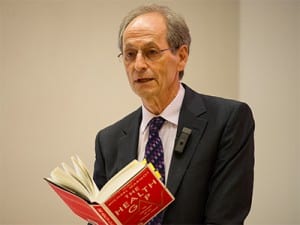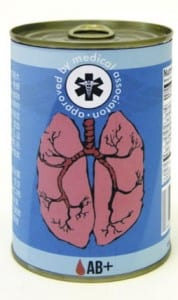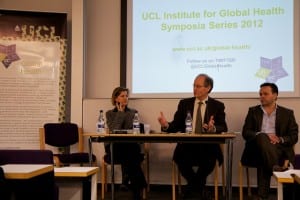Sir Michael Marmot in conversation: “Social injustice is killing on a grand scale”
By ucyow3c, on 6 October 2015
![]() Written by Helen Stedeford (UCL Life & Medical Sciences)
Written by Helen Stedeford (UCL Life & Medical Sciences)

Public health expert Sir Michael Marmot introduced his book The Health Gap by sharing the story of Mary, a First Nations Canadian who hanged herself aged 14. Every case is tragically unique, however the suicide rate among young First Nations members is five times higher than for other young Canadians – why? The suicide rate for Indian cotton farmers is much higher than for Indians in other rural occupations – why? Poverty – at least that’s part of the answer.
Using case studies and population statistics, Marmot illustrated the social gradient in health, which is found in all societies; those at the top of the income ladder have low levels of disease and long lives, and with each step down the ladder the chance of physical and mental illness, and early death, increases. So began a fascinating evening of discussion between Marmot, The Lancet’s Tamara Lucas and audience members.
 Close
Close



